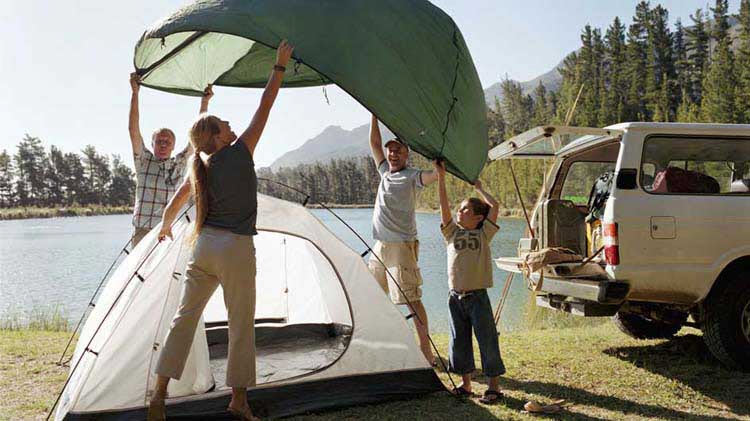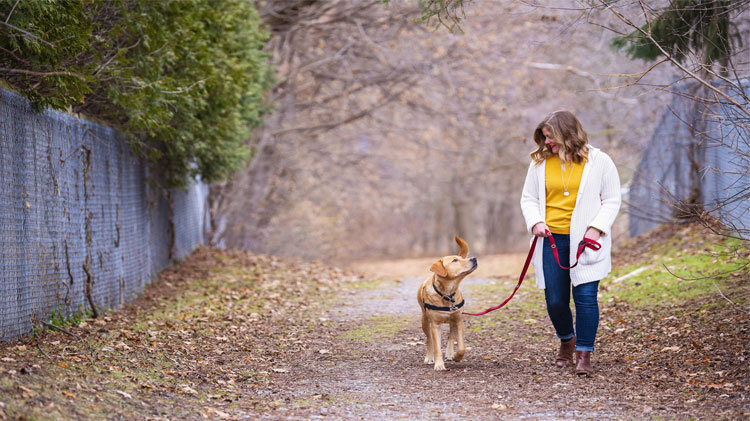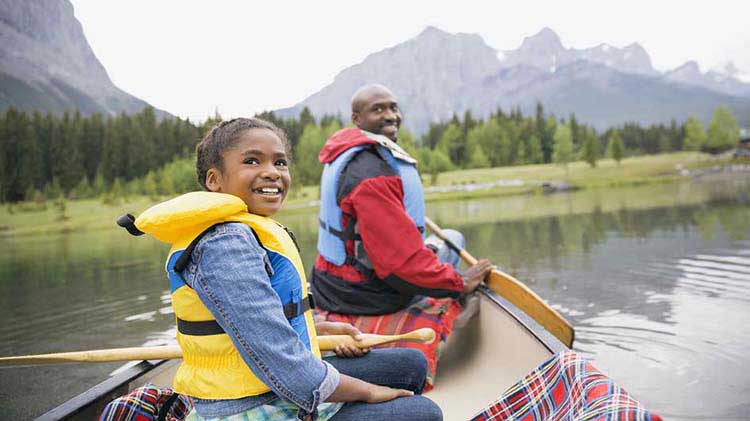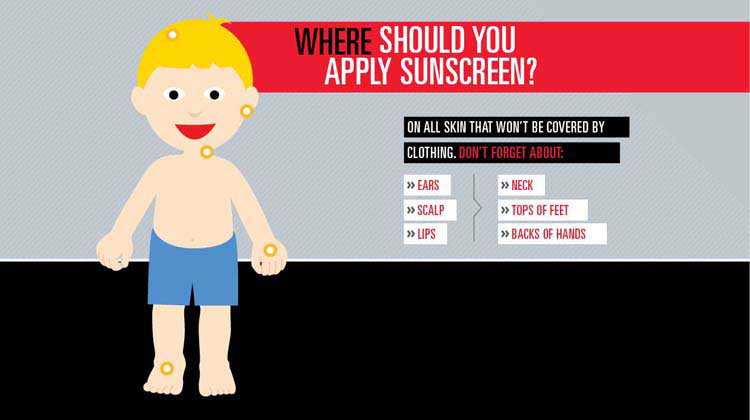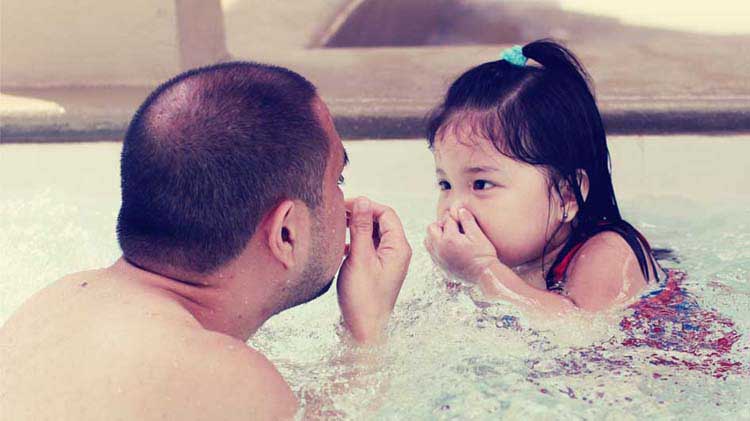Camping safety made simple
Choose your campground and pack for a comfortable experience with these camping safety tips.
Whether in a tent or an RV, camping is a great way to get in touch with nature — sleeping under the stars, roasting hot dogs over a fire and going on hikes through the woods. Enjoy your time away, and help reduce your risk of injury with some camping tips.
Be prepared
Packing
Whether you're packing your RV or a tent, think about including a first-aid kit in your cargo. Consider hydrocortisone cream and antihistamine for allergic reactions and rashes, plus supplies for cleaning and dressing wounds. The Red Cross offers a list of first-aid essentials to include in your kit.
How to set up a safe campsite
Campsite setup
Try to choose a campground with security features, such as a security gate, perimeter fencing, surveillance cameras and nightly patrols. Safer campsites are well lit and located near the center of the grounds. Be sure to arrive before nightfall so you'll have time to inspect your camping site, unpack and build a fire. Avoid pitching tents close to water, under dead tree limbs or near insect nests and poisonous plants. Also look for broken glass, sharp rocks and other hazards that could cause injury. Consider a plastic tarp for an extra layer of protection between the ground and the tent — just make sure the tarp does not extend beyond the width of the tent so water does not pool if it rains.
Use security systems
If you are camping with your RV, many newer RVs come with built-in security systems, similar to what you'd find in a car. If your camper doesn't have this feature, you could install motion lights at your campsite to deter potential lurkers and late-night critters. Place the lights at the back of the site, near entrances and on blind corners.
Get to know your neighbors
Introduce yourself to other campers. Spending time with them can help you gauge their trustworthiness. They could watch your things while you're gone and let you know if any unwanted guests wander onto your site.
Lock up valuables from your campsite
Don't leave valuable items in an outside RV compartment or in your tent. Many RVs use a universal key to unlock these storage areas. Instead, keep items secured inside a camper, trailer or vehicle when you're away. If you do have an RV, pull the shades to keep the interior concealed. For an additional layer of security, consider a small safe and hide it somewhere inside.
Camp safely
Campfire safety tips
Campfires are fun and may allow you to cook food and keep warm when temperatures drop. Using precaution when setting up and using a campfire will help keep your family and other campers safe. Here are some tips to remember:
- 30 inches — Suggested length of a roasting stick to minimize getting too close to a campfire.
- 15 feet — Distance campfires should be from existing structures, trees and greenery and tents.
- Build a pit — Use a ring of rocks or a metal burn ring to designate a pit or clearing for the fire. Avoid putting logs directly on grassy areas or decaying leaves.
- Take care of the fire — Build a fire that you can manage, and don’t leave them unattended. As a precaution, have a bucket of water or shovel nearby for extinguishing flames.
- Pay attention — Campgrounds may issue fire bans, so be aware of those.
- Watch what you burn — Consider only burning wood. Throwing bottles or cans into the fire may cause toxic gases, in addition to unwanted debris for the next camper.
- Extinguish campfires — Always put your campfire out completely before you leave.
Camping meal prep
Store your food in airtight containers and insulated coolers, keeping raw and cooked foods separate, and cold foods chilled. As you are cooking outdoors, sanitize your station often and wash your hands. When heating foods, make sure they're a safe temperature before eating. When you're finished, transfer leftovers to airtight, animal-proof containers, and properly dispose of garbage in an approved refuse container well away from your campsite — one that's tightly secured against animals.
Hiking
Consider wearing long pants tucked into your socks, sturdy shoes, a hat, sunglasses and layers you can easily remove. Also pack sunscreen, a map, a compass, water, packaged snacks and insect spray. Bring your fully charged cell phone along, too. Not all locations will have service, but if you do, your phone can be a valuable lifeline should you get lost or need assistance. Carrying a whistle is also a good idea. Stay on designated hiking trails, and take frequent stops to rest and rehydrate.
Encountering wildlife
Wild animals can be unpredictable and may carry diseases. It's safer to bring your binoculars and watch them from a distance. If you're camping in an area that bears inhabit, review what to do if you meet one.
Going to bed
Pack extra blankets and layers of clothes rather than relying on a fuel-burning heater for warmth. Using heaters and other fuel-burning equipment in an enclosed space can cause carbon monoxide poisoning.
Tips for camping with dogs
If you take your dog along on your camping and hiking adventures, consider some tips to help keep your dog safe:
- Confirm that the campgrounds are dog-friendly and review any leash rules they may have.
- Consider restraining your dog while traveling by car.
- Bring your dog’s information with you including vaccination records, health history and contact information.
- Bring all of your dog’s essentials like food, water, bowls, leash and blankets or sleeping pads.
- Once you are at the campground, keep your dog close to you at all times and do not leave them unsupervised.
- Don’t forget to dispose of your dog’s waste properly.
Now that you have learned some tips to help you camp safely, you may want to read more about how to stay safe while swimming or when using a kayak.
